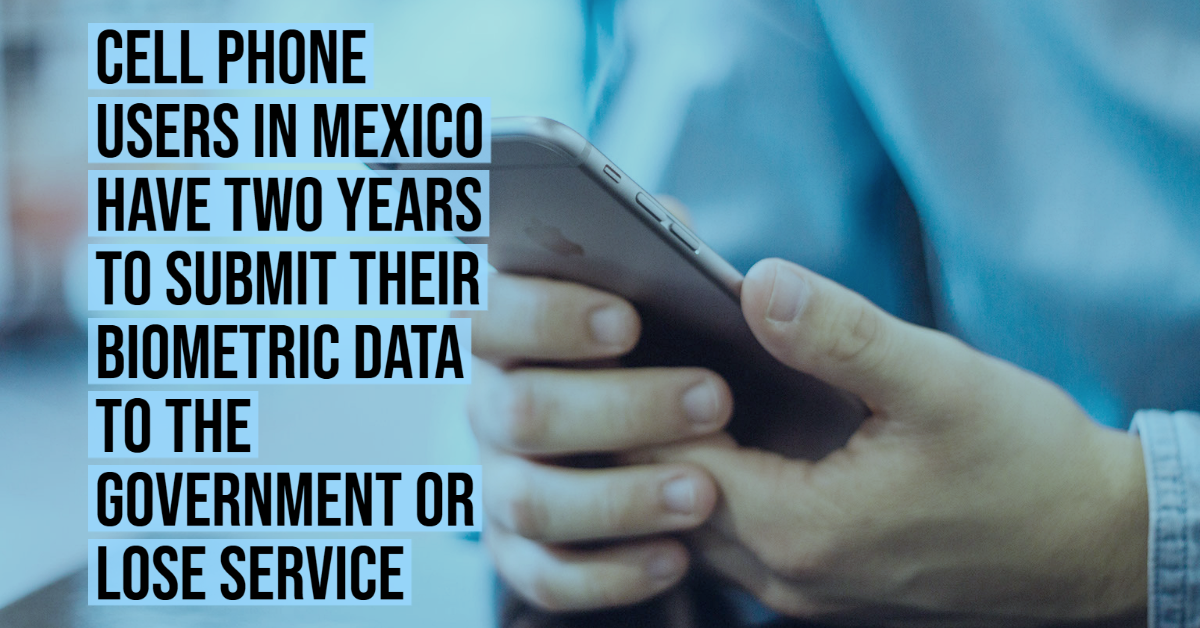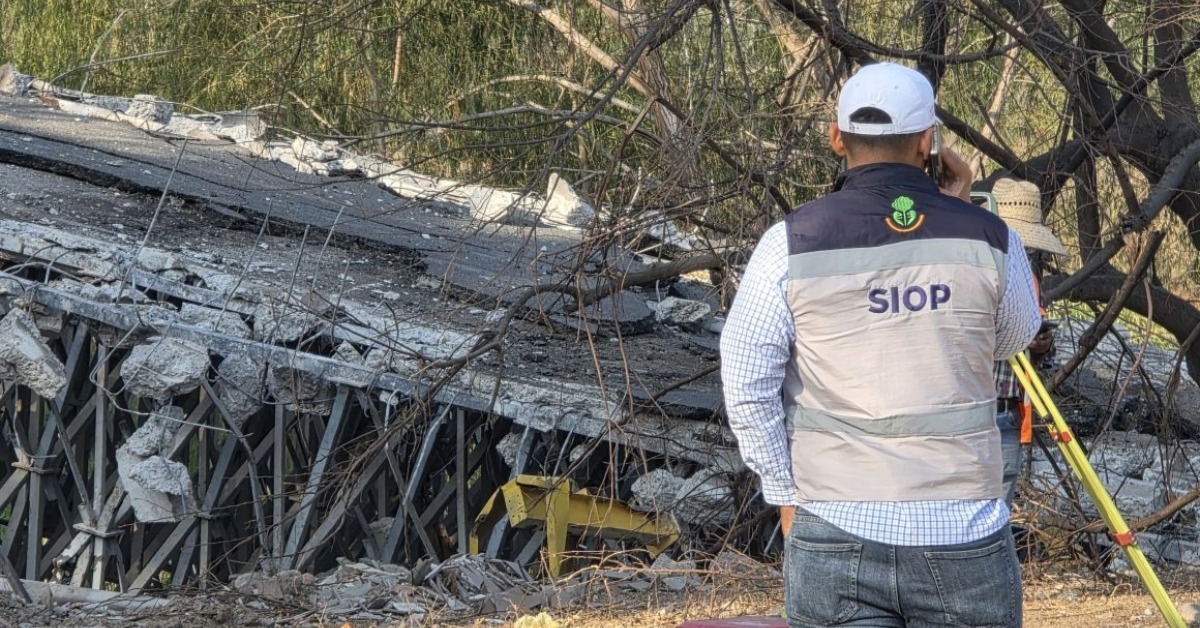After the approval of the National Register of Mobile Phone Users, six million Jalisco citizens will have to give the telephone companies their personal and biometric data (such as fingerprint, iris scans, and facial and voice recognition, among others) if they want to continue communicating through cell phones. Nationally, 86.4 million people are required to submit their biometrics to the national registry.
PVDN wrongly reported earlier this week that the new law would apply to any . . .






